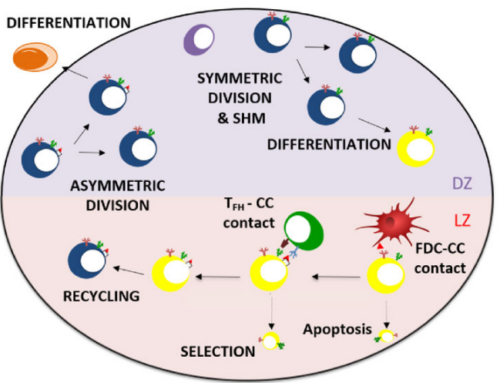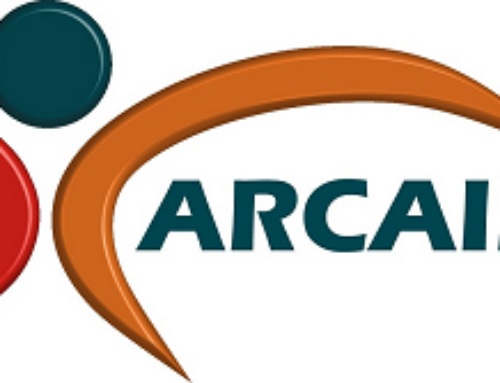CLOSIT
CLL Lymph node Organoids for Screens and Intelligent Testing
Background and challenges
Chronic Lymphocytic Leukemia (CLL), the most common type of leukemia remains incurable. Despite recent application of targeted drugs, continuous treatment and emerging resistance are urgent socio-economic and clinical problems. This necessitates 1) better understanding of CLL biology and drug-resistance, and 2) further drug (combination) development.
CLL pathobiology and resistance is mediated by cellular interactions in the tumor microenvironment in lymphoid tissues. Available tests cannot adequately address impact of accessory celltypes in drug-response and cannot measure cell growth, adhesion/migration, and immune responses which are pivotal mechanisms of novel agents. These are major shortcomings in developing new drug(s)(combinations), and cancer immunotherapeutics.
Solution
We have recently implemented the first 3D organoid model that incorporates key aspects of CLL lymph node biology, including T cells and stromal cells. This system is capable of sustained growth of CLL cells, thereby opening many new avenues for clinically useful applications.
Artificial Intelligence approaches are essential to leverage the data-rich information provided by 3D organoids. We will develop machine learning techniques to extract relevant features from organoid images, and link those to single-cell molecular readouts to gain detailed insight into organoid development and treatment effects on tumor architecture and immune-stromal interactions. We will link this to ex-vivo data from patients.
Aims
Expanding our current 3D CLL organoid set-up with AI-driven analysis and interpretation, we will establish a robust and scalable platform that enables in vitro investigation of crucial CLL biology aspects and patient-specific drug screening.
Danial Lashgari works on the CLOSIT project at the Bioinformatics Laboratory. The CLOSIT project is coordinated by Eric Eldering (Experimental Imnunology, Amsterdam UMC) and Perry Moerland (Bioinformatics Laboratory)
CLOSIT is a collabaration with Acerta Pharma (AstraZeneca) and CITRE (Bristol Myers Squibb).
Within CLOSIT our research focuses on developing machine learning techniques to extract relevant features from organoid images, and link those to single-cell molecular readouts to gain detailed insight into organoid development and treatment effects on tumor architecture and immune-stromal interactions.
Amsterdam UMC TKI-PPP
CLOSIT is funded by a Amsterdam UMC TKI-PPP (Topconsortium voor Kennis en Innovatie) grant for Public-Private Partnerships. These grants seek to stimulate research collaborations between Amsterdam UMC researchers and commercial companies. The funding is provided by the Dutch government (Ministry of Economic Affairs) through the Rijksdienst voor Ondernemend Nederland (RVO) and the Topconsortium voor Kennis and Innovatie Life Sciences & Health (TKI-LSH, a.k.a. Health-Holland).









